Have you ever been in situations when someone says or does something that feels hurtful, hostile, or offensive to some aspect of your identity?
Perhaps it's a microinsult like…
“Your name is really hard to pronounce. Do you have a name in English that you go by?” 
Or a microassault...
“You look so exotic! How did you get your hair like that? May I touch it?”

Or a microinvalidation…
“I don’t think John the store employee stopped to check your bag because he is racist. Don’t worry, I think that’s just the store’s policy he has to follow. I wouldn’t think much of it.”

Microaggressions are "everyday, subtle put-downs" that target people from marginalized groups in verbal and non-verbal ways.
Although microaggressions are often unintentional, they can have a negative impact on a person's well-being. It is crucial to learn how to respond to them effectively.
Dealing with Racial Microaggressions
If you’ve ever experienced any of these microaggressions and felt alienated, insulted, or invalidated, you are not alone.

People who experience or witness racial microaggressions may struggle to know how to react.
When people from marginalized groups think about how to handle racial microaggressions, it can be really tiring and stressful because the topic is sensitive.
Speaking out can also be risky because of the power dynamics in schools and workplaces.
How Do I Know When To Address It?
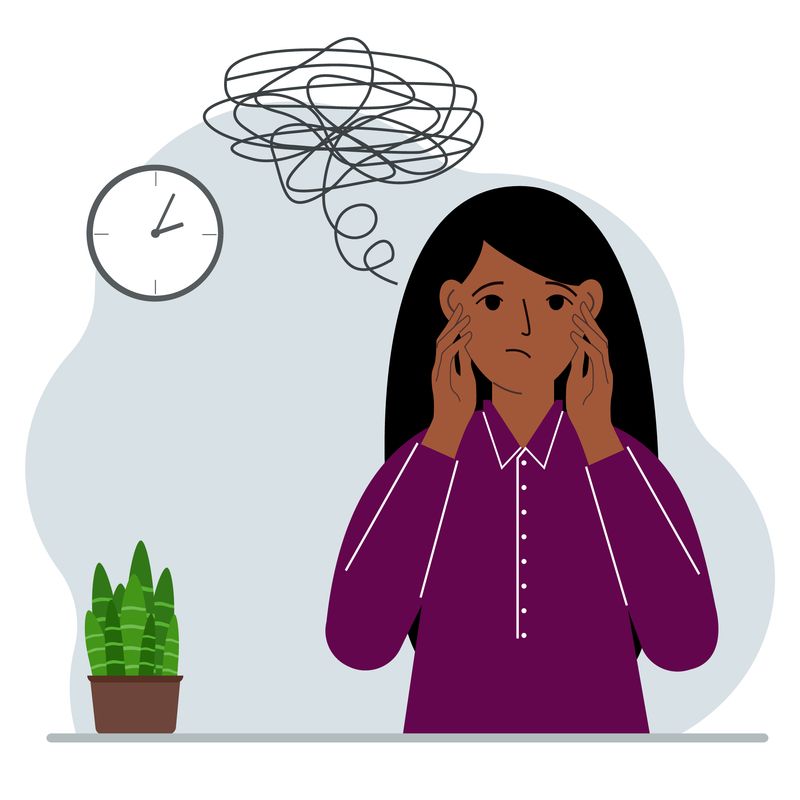 Calling out microaggressions when they occur can be difficult and at times, unpleasant in the moment. There could be times when it feels crucial but there are other times when it isn't always worth your time or effort.
Calling out microaggressions when they occur can be difficult and at times, unpleasant in the moment. There could be times when it feels crucial but there are other times when it isn't always worth your time or effort.
There is no right approach to dealing with microaggressions, as it's a personal decision. It all depends on:
#1 Your Safety
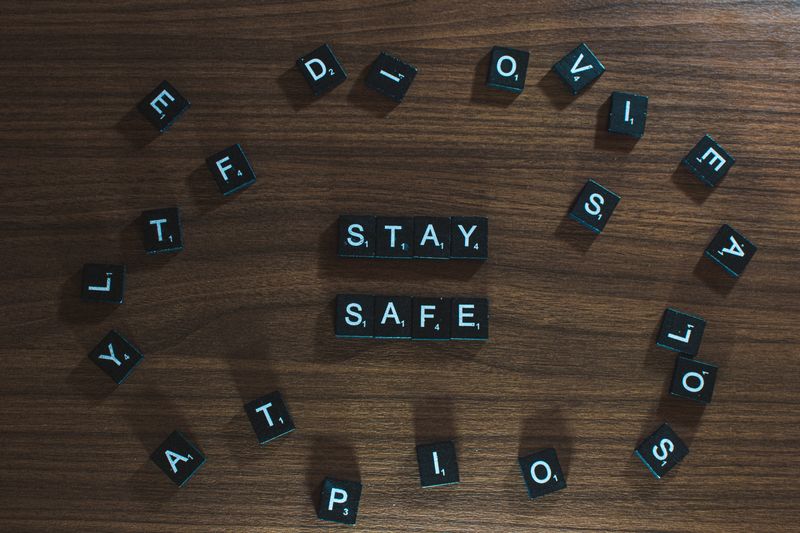 Photo by Nelly Antoniadou on Unsplash
Photo by Nelly Antoniadou on UnsplashIf you feel that responding to a racial microaggression could put you in physical or emotional harm, it may be best to remove yourself from the situation.
#2 The Context
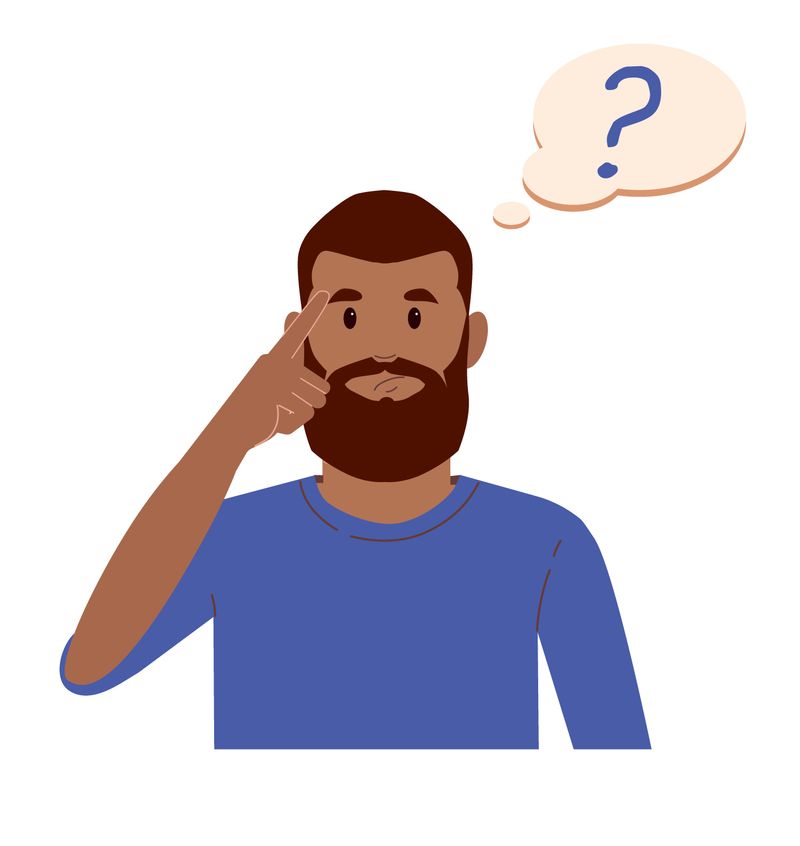 Your choice of how to react may also be affected by the circumstances in which the microaggression took place. For instance, if the microaggression happened in the workplace, you might want to think about how speaking up might affect your job or your relationships with coworkers.
Your choice of how to react may also be affected by the circumstances in which the microaggression took place. For instance, if the microaggression happened in the workplace, you might want to think about how speaking up might affect your job or your relationships with coworkers.
#3 Your Mental Health

Prioritizing your mental and emotional well-being is vital since responding to microaggressions can be emotionally taxing. If you feel that responding could negatively impact your mental health, it may be best to focus on self-care.
I Want to Address It But How Do I Respond?
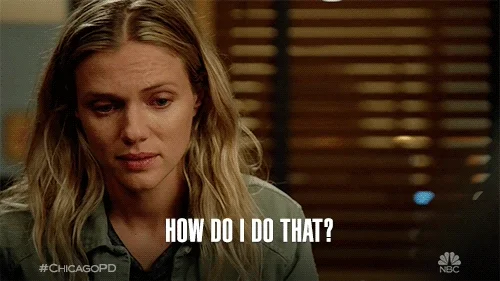
If the best course of action is to address these racial microaggressions after considering the factors above, here are some options you can use to respond effectively to them based on several recommendations:
Seek Clarification
 Asking questions like, “I don’t understand, could you tell me more about what you mean by that?" or "Can you explain how you came to think that when you made these comments?" serves to provide a context in which this person's microaggressions occurred.
Asking questions like, “I don’t understand, could you tell me more about what you mean by that?" or "Can you explain how you came to think that when you made these comments?" serves to provide a context in which this person's microaggressions occurred.
Explain the Impact of Their Intentions
 Giving the aggressor awareness of how their words and actions affect you whether it was deliberate or unintentional provides them insight into what they can say and do instead.
Giving the aggressor awareness of how their words and actions affect you whether it was deliberate or unintentional provides them insight into what they can say and do instead.
Here's an example:
I know you meant this as a compliment and didn’t realize this, but when you told me I look exotic and asked to touch my hair, I felt that you were violating my personal space. Instead, I'd much rather you complimented my personality than my looks.
Educate the Aggressor

You may want to take the opportunity to educate the person on why their comment or action was problematic by sharing your own process on what you did and what you learned from it.
Here's an example:
I noticed that you asked if you’re able to call me by another name as my current name is hard to pronounce. When I was working abroad, I encountered the same situation with a colleague and I asked the same question. But then I learned it was offensive. It seemed like I was disrespecting my colleague's cultural and racial identity.
Check out this online resource for more concrete responses to microaggressions.💡
Don't Forget to Seek Support
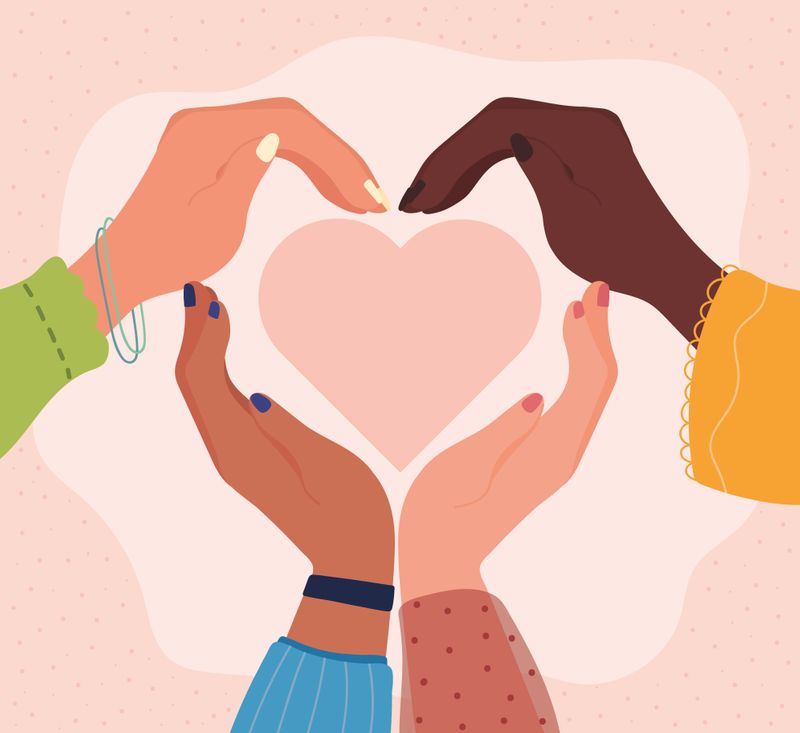
Dealing with microaggressions can be emotionally draining, so it's important to manage and cope with the stresses as well as the effects of microaggressions by:
Seeking support from...
Friends
Family
Mental health professionals
Practicing self-care techniques like...
Meditation
Exercise
Spending time in nature
Scenario: Abigail and Angela

Abigail, an office worker in Colorado, was born in California to Colombian parents.
During happy hour one day after work, one of her department colleagues, Angela, asks Abigail where she's from. Abigial responds, “I'm from California.” However, Angela continues to press on and asks, “But, where are you really from?”
Despite the fact that Abigail was born and raised in the US, she constantly encounters this question. It makes her feel uncomfortable because it implies she isn't a "real" American.
Abigail believes it's appropriate and safe to talk to Angela about this situation because they work well together. Abigail feels it's important to nip this in the bud so they can continue to have a good working relationship built on trust and respect.
What should she do in this situation?
Option 1: Seek Clarification
I'm not sure I understand the question. Are you asking about my ethnicity, or where I grew up?
Option 2: Explain the impact of Angela's intentions
I appreciate your interest, but when you ask me 'Where are you really from?' it makes me feel like you don't think I belong here. Instead, you can ask me where I was born or where my family is from, and I'd be happy to share that with you.
Option 3: Educate Angela
I appreciate your curiosity, but 'Where are you really from?' can be hurtful and make people feel like they don't belong. A better way to ask about someone's background is to use more respectful language, like 'What's your cultural background?' or 'Tell me more about your family's heritage.'
Quiz
How could she respond effectively to the racial microaggression she encountered?
Take Action
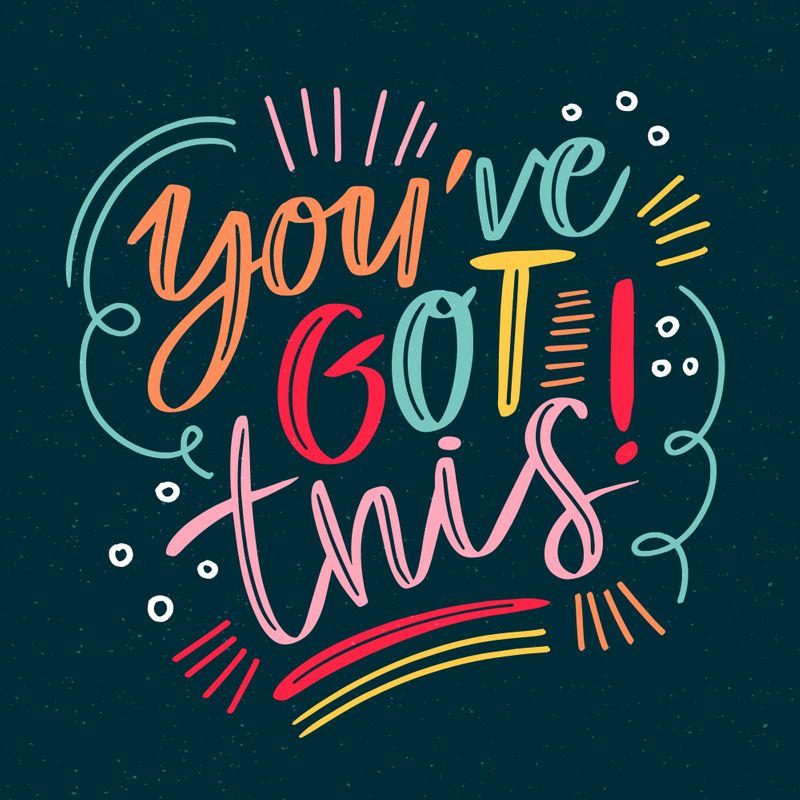
Your feedback matters to us.
This Byte helped me better understand the topic.
